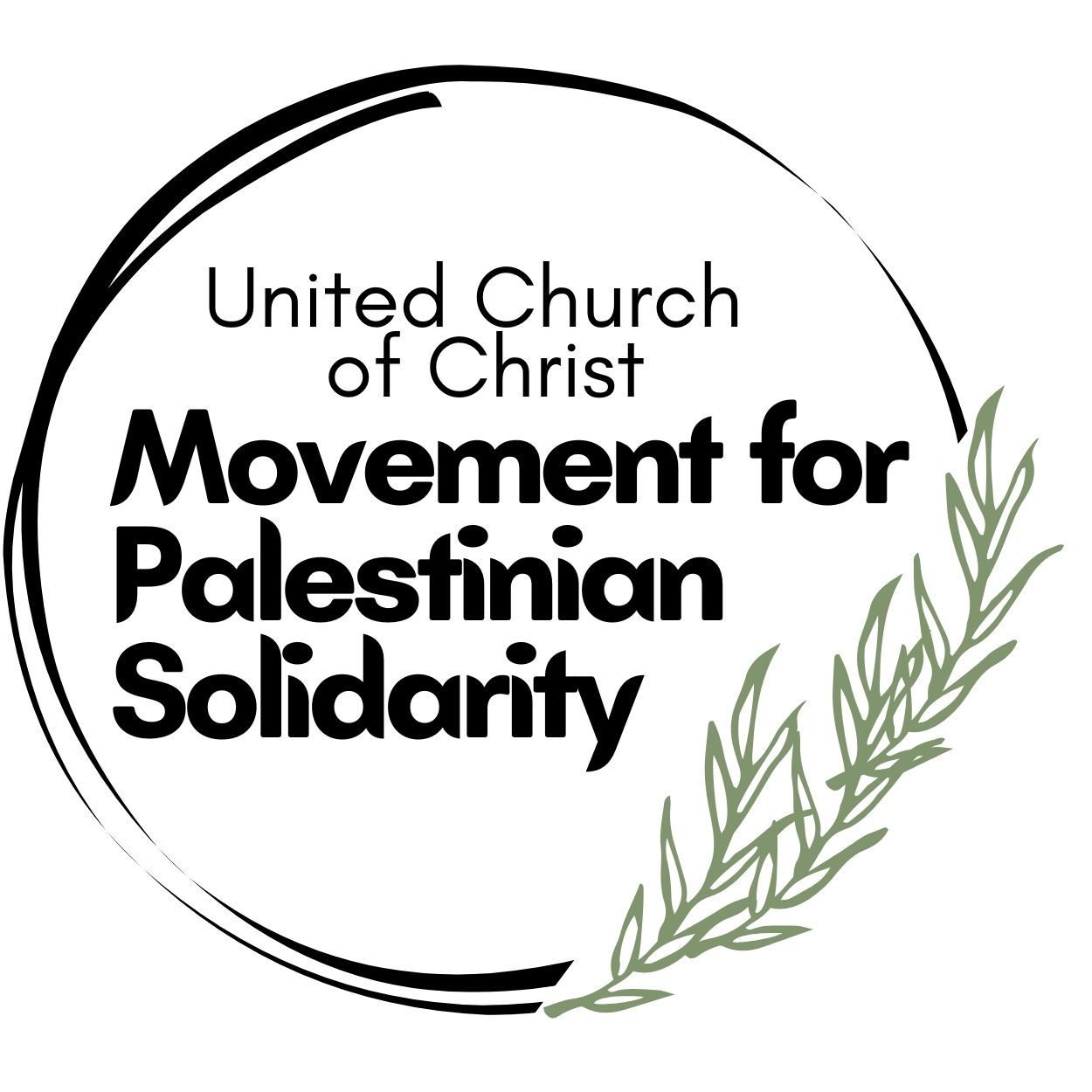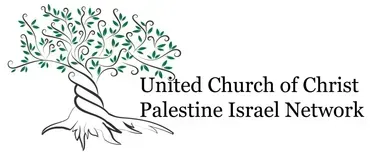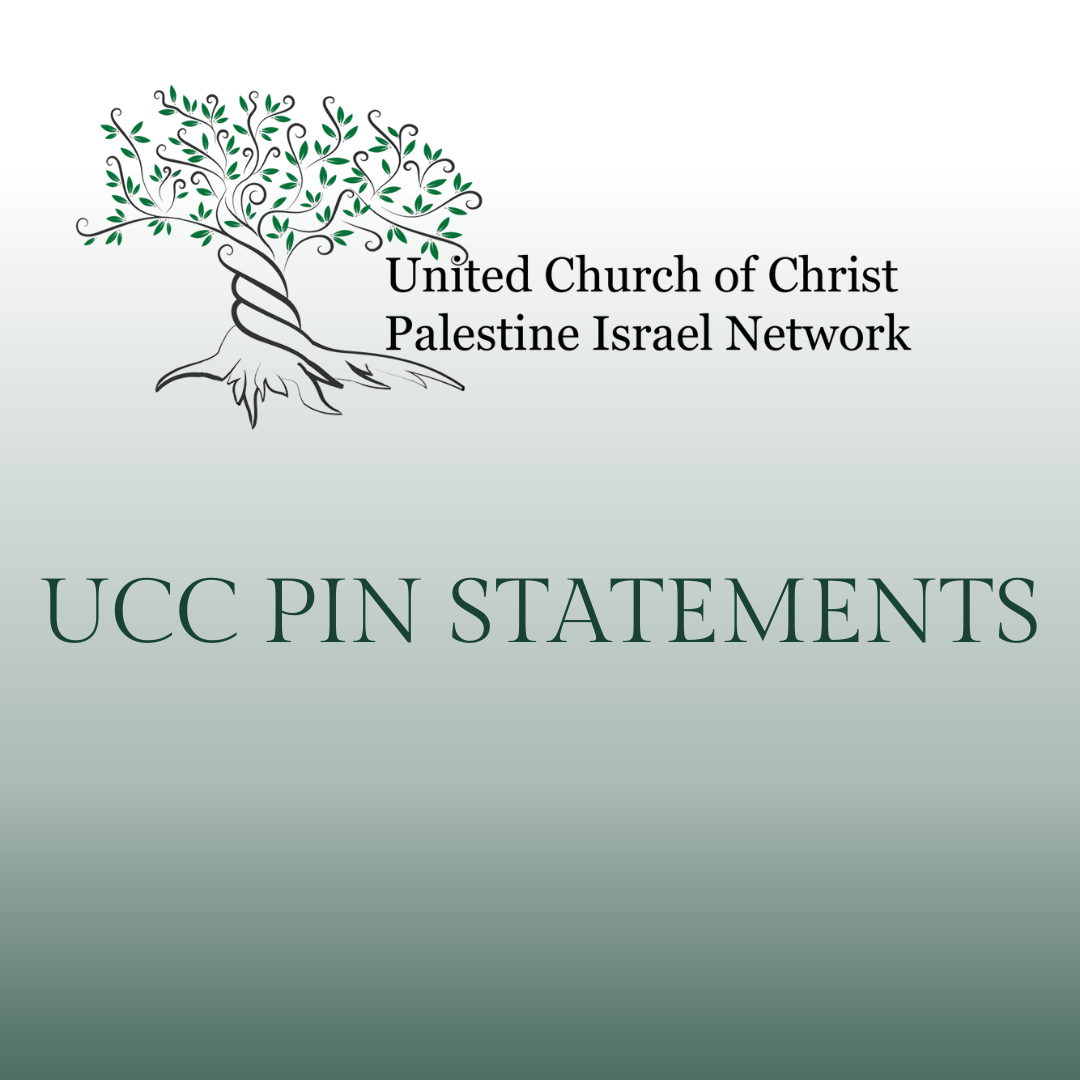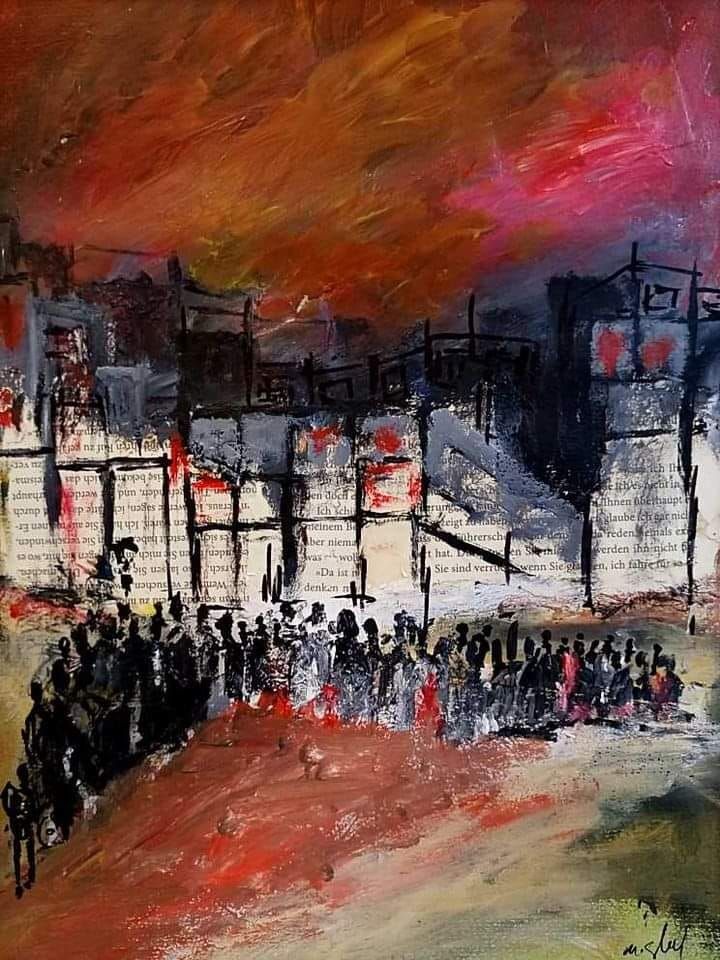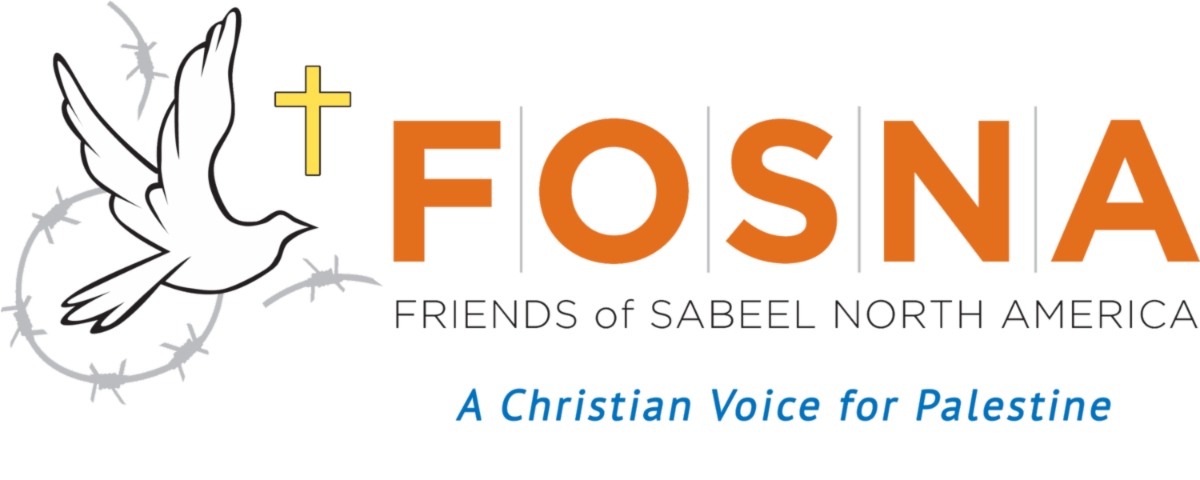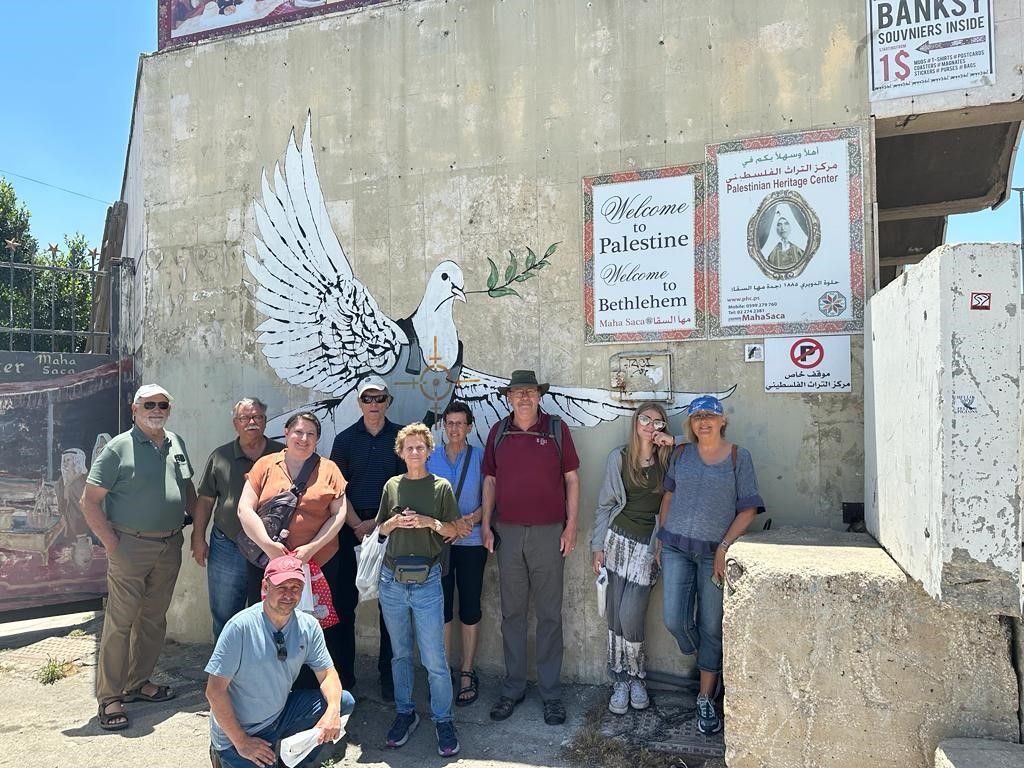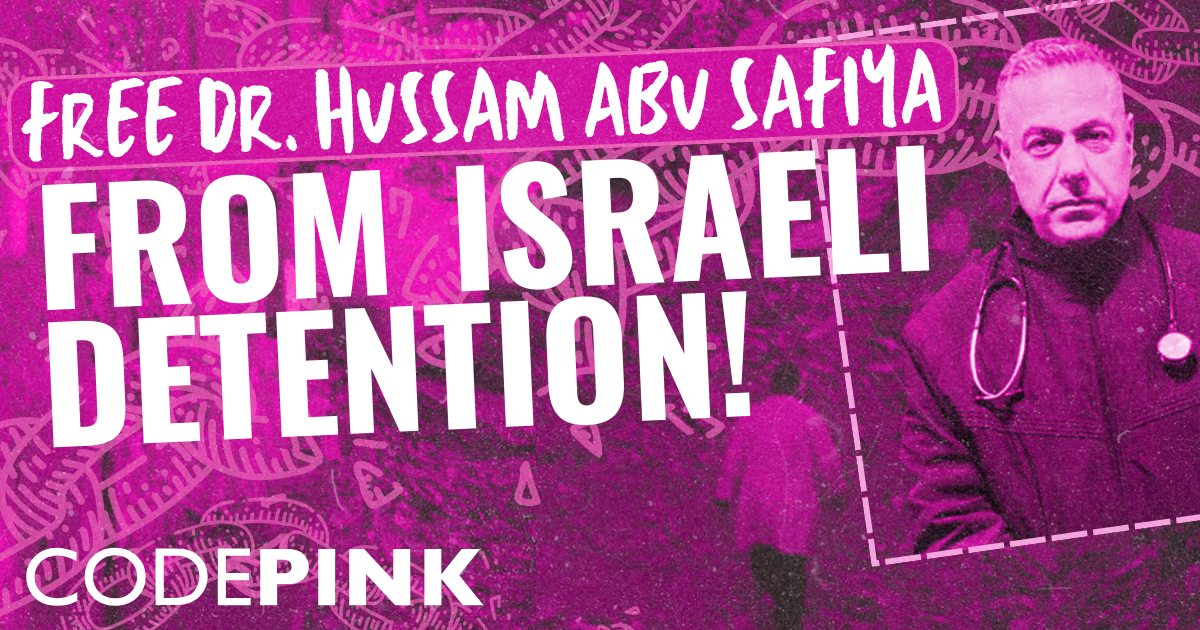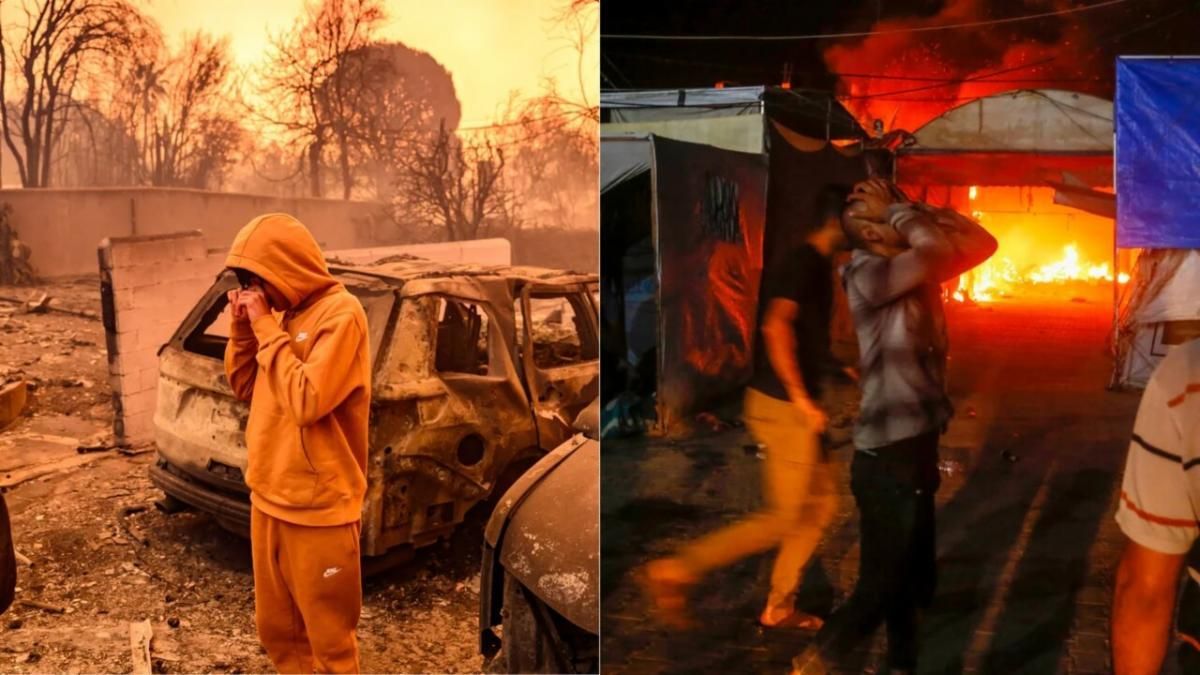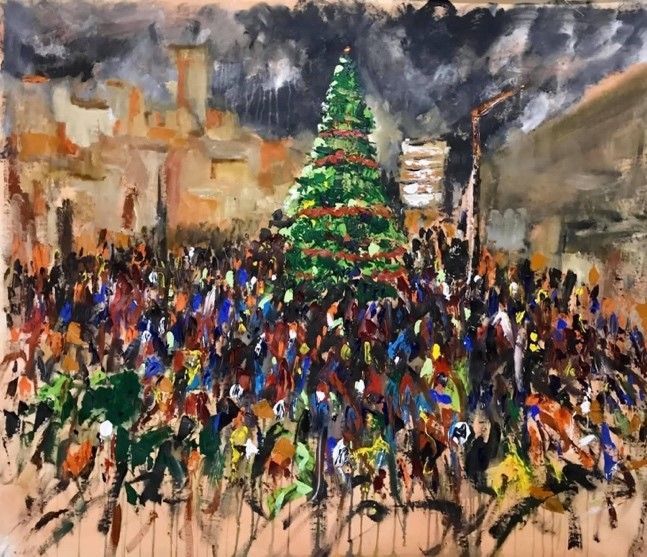Why Palestine Matters
Reflection by the Rev. Allie Perry
“Why focus on Palestine? There are human rights violations all over the globe. And besides, there are so many pressing issues right here at home.” God knows, there are many pressing issues. So, it is easy to understand, with everything else that is crying out for our advocacy, the question, “Why focus on Palestine?” I hear the question a lot, sometimes as a challenge, but more often as a genuine inquiry.
Why does Palestine matter? Towards the end of a recent webinar, “Theology in the Shadow of the Holocaust: Revisiting Bonhoeffer and the Jews” (see link to the Indiana Center for Middle East Peace recording in Breaking the Stories below), Mark Braverman spoke to this question of why Palestine matters. “It matters,” he said, “of course for the sake of the Palestinians, and for the sake of the Jews in Israel who are, in their own. . . spiritual and psychological way, victims of the prisoners of this horrible system. . . But Palestine is a threshold, an entry point, to the critical, the radically critical, issues that are facing the world today.”
Mark’s designation of Palestine as a ‘threshold,’ an ‘entry point,’ caught my attention, and rings true. Hearing and responding to the cries for justice and the "cry for hope” of Palestinians connects us in a profound way to human rights issues everywhere. There is no hermetic seal for Israel’s oppression of the Palestinian people; the boundaries for injustice are porous. Human rights violations won’t be contained there, especially if they are ignored, denied, tolerated, defended, or excused.
As Dr. Martin Luther King, Jr. warned, “An injustice anywhere is a threat to justice everywhere.” One example of such a threat is the rapid, and mostly under the radar, spread of anti-boycott of Israel laws here in the U.S. To date, 34 states have passed some form of legislation that prohibits state agencies from contracting with individuals and businesses that promote or engage in boycotts of the state of Israel. Those state contracts include pledges that persons or businesses receiving state funding are required to sign.
The powerful 2021 documentary Boycott examines the spread, across the U.S., of these laws. It follows three courageous individuals who refused to cooperate and did not sign the pledge. They spoke out against this suppression of expression. Each one challenged the threat the anti-boycott bills pose to First Amendment rights and sued their respective states.
In discussing Boycott, panelists in a recent Voices from the Holy Land webinar described these anti-boycott bills as "gateway" legislation. They warned that the legal language specific to boycotts of Israel provides a template, easily adaptable, to silence dissent on a host of issues; for example, to punish divestment from fossil fuels or to criminalize boycott of the gun industry. This is not a hypothetical or future threat. In 2021 Texas passed a law making oil divestment illegal.
Whether as gateway, threshold, or entry point to radically critical issues, Palestine matters. The UCC knows and has demonstrated this through our on-going prophetic advocacy for justice and human rights in Palestine and Israel. Examples abound: the 2015 General Synod resolution supporting targeted boycotts of companies doing business in occupied Palestine, an action consistent with the UCC's history of supporting boycotts as a tool for economic leverage; more recently the 2021 General Synod Declaration; our longstanding work with and support for Global Ministries’ Palestinian partners; and the advocacy of UCC PIN.
At the end of his webinar, Mark Braverman called on churches to be “the conscience of the world and bring it to its sense.” He reminded us that the churches have done this before and can do it again. May it be so.
